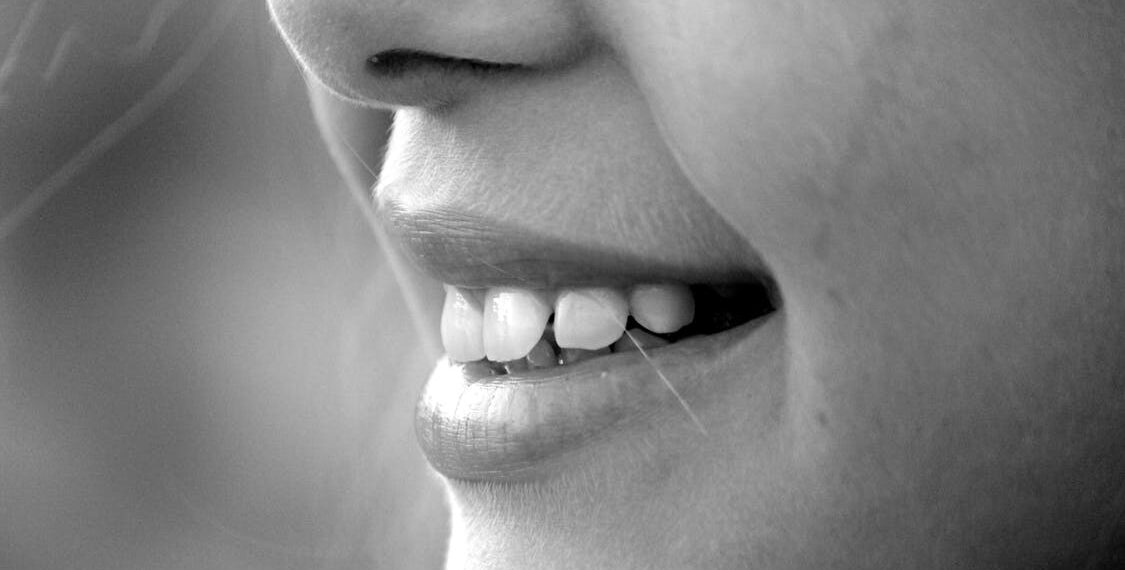Establishing appropriate dental and oral hygiene habits can not only help you prevent tooth decay, gum disease, or bad breath but can also positively impact your physical and emotional well-being in the long run, improving your physical appearance, diet, speech, and social interactions and preventing the development of secondary conditions such as digestion problems, premature birth and low birth weight, facial pain, severe infections, pneumonia, endocarditis, or cardiovascular diseases.
Table of Contents
What’s the Connection Between Oral Health and Overall Health?
Since our mouths are the entry points to our digestive and respiratory tracts, deficient oral hygiene allows bacteria and microbes to multiply uncontrollably and can cause severe infections, and lead to health complications such as pneumonia, cardiovascular diseases, digestive disorders, or endocarditis. That is why people who have health problems like Alzheimer’s patients should take special dental care.
Similarly, poor oral health is an important overall health indicator, often reflecting serious underlying health conditions such as:
- Diabetes
- Cardiovascular diseases
- Osteoporosis
- HIV/AIDS
- Alzheimer’s disease
- Sjogren’s syndrome
- Arthritis
- Cancer
- Obesity
- Emphysema
Health Conditions That Can Affect Your Teeth and Gums
Apart from inappropriate dental and oral hygiene habits, there are certain health conditions that have a negative impact on oral health:
Diabetes
Diabetes reduces the body’s ability to fight off bacteria and infections, thus putting the gums at risk.
Osteoporosis
Osteoporosis is a bone-weakening disease that has been closely connected with tooth loss and periodontal bone loss.
HIV/AIDS
People who suffer from HIV/AIDS face numerous oral problems such as periodontitis, chronic dry mouth, gingivitis, cavities, canker sores, fever blisters, oral candidiasis), or hairy leukoplakia.
Obesity
Numerous studies have demonstrated a close connection between obesity and periodontitis.
How Can You Protect Your Oral Health?
As we have already seen, establishing healthy oral hygiene habits is of utmost importance. Even though tooth enamel is among the strongest substances in the human body, it does have persistent enemies that can debilitate it and cause it to erode: bacteria and acids. Additionally, orthodontic treatments can sometimes turn into a necessity.
1. Use Byte Aligners for Straight Teeth
Orthodontic treatments go well beyond the aesthetic value of a beautiful smile. Crooked, crowded, or protruding teeth can make it difficult to keep your teeth and gums clean, increasing the chances of suffering from dental and oral problems.
An innovative alternative to the unpleasant and unattractive traditional alternatives such as braces, clear aligner systems – such as Byte or Invisalign – ensure effectiveness and usage comfort. If you want to find out how to get Invisalign for cheap, make sure to check this useful guide. If you are interested in this option, make sure to check the Invisalign treatment cost in California.
2. Brush your Teeth at Least Twice a Day
Establishing good oral hygiene habits starts with brushing your teeth and mouth at least twice a day. It is advisable to use fluoride toothpaste to prevent enamel erosion.
3. Replace Your Toothbrush Every Three Months
Toothbrushes must be replaced every three months or even sooner if the bristles are worn.
4. Eat a Healthy Diet and Limit Food With Added Sugars
To protect your teeth, you should avoid harmful foods and drinks such as:
- Coffee
- Sugary Sweets and candies
- Soda
- Tomato sauces
- Flavoured yogurts
- Soft drinks
- Wine
- Citrus fruits
- High-carb sports drinks
- Dried fruits
Instead, opt for nutritious foods such as milk, cheese, unflavoured yogurts, raw vegetables and fruit, water, leafy greens, nuts, whole grains, etc.
5. Avoid Tobacco Use
Smoking is known to be the main cause of mouth, lips, and throat cancer. Smoking negatively affects the saliva flow in the mouth, thus creating plaque and tartar and making it easier for bacteria to stick to gums and teeth. This results in periodontal disease and gum diseases which eventually lead to teeth loss. What’s more, tobacco stains teeth and causes bad breath.
6. Visit Your Dentist Regularly For a Check-up and Professional Cleaning
To ensure your oral health, make sure to visit your dentist regularly. While it is true that good oral hygiene significantly reduces the risks of developing mouth, teeth and gums diseases, plaque can still build up on and cause enamel erosion, teeth and gums severe infections, gingivitis, or cavities. Visiting your dentist regularly will allow you to detect dental and oral problems before they aggravate.
Wrap up
While it is true that you cannot always prevent cavities or plaque accumulation, establishing good oral hygiene habits significantly reduces the risks of gum diseases, teeth loss, and teeth decay. Since dental and oral problems are directly linked to numerous chronic health conditions, taking care of our oral health on a daily basis is nothing but a long-term investment in our overall health and quality of life.

